In Case of Emergency Decals are now available! For you non-sheltie folks other breeds will be available in time.
Eventually I will get these listed in the Etsy store but for now you can find out all the information by going to our Facebook Page.
In Case of Emergency Decals are now available! For you non-sheltie folks other breeds will be available in time.
Eventually I will get these listed in the Etsy store but for now you can find out all the information by going to our Facebook Page.
Spring has sprung and with that more people will be hitting the roads and trails with their dogs. These fun time activities can quickly turn tragic though when a leash, collar or harness fails and the dog gets loose. A quick check of your dog's gear could help prevent issues and possibly save your dog's life.
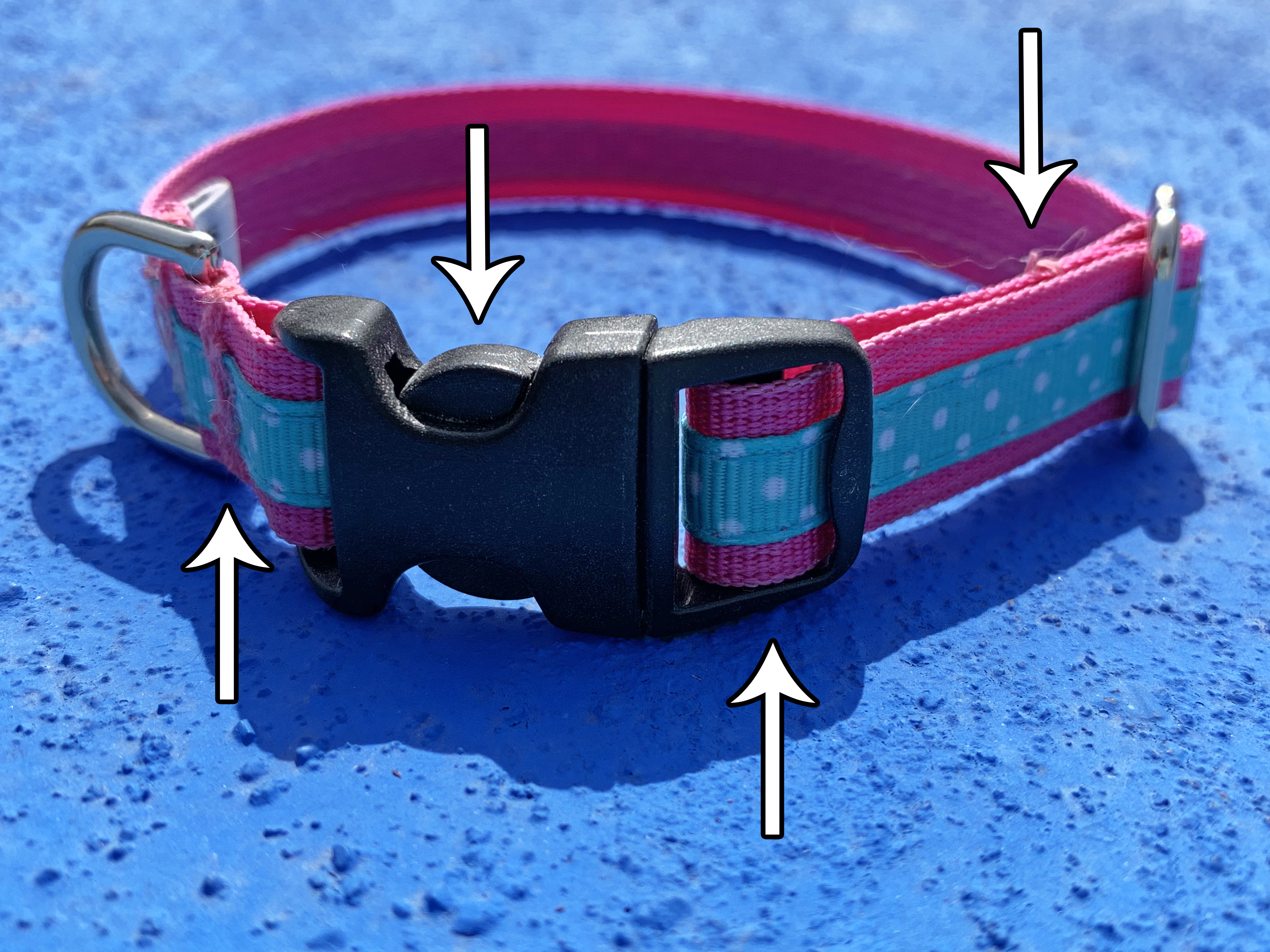
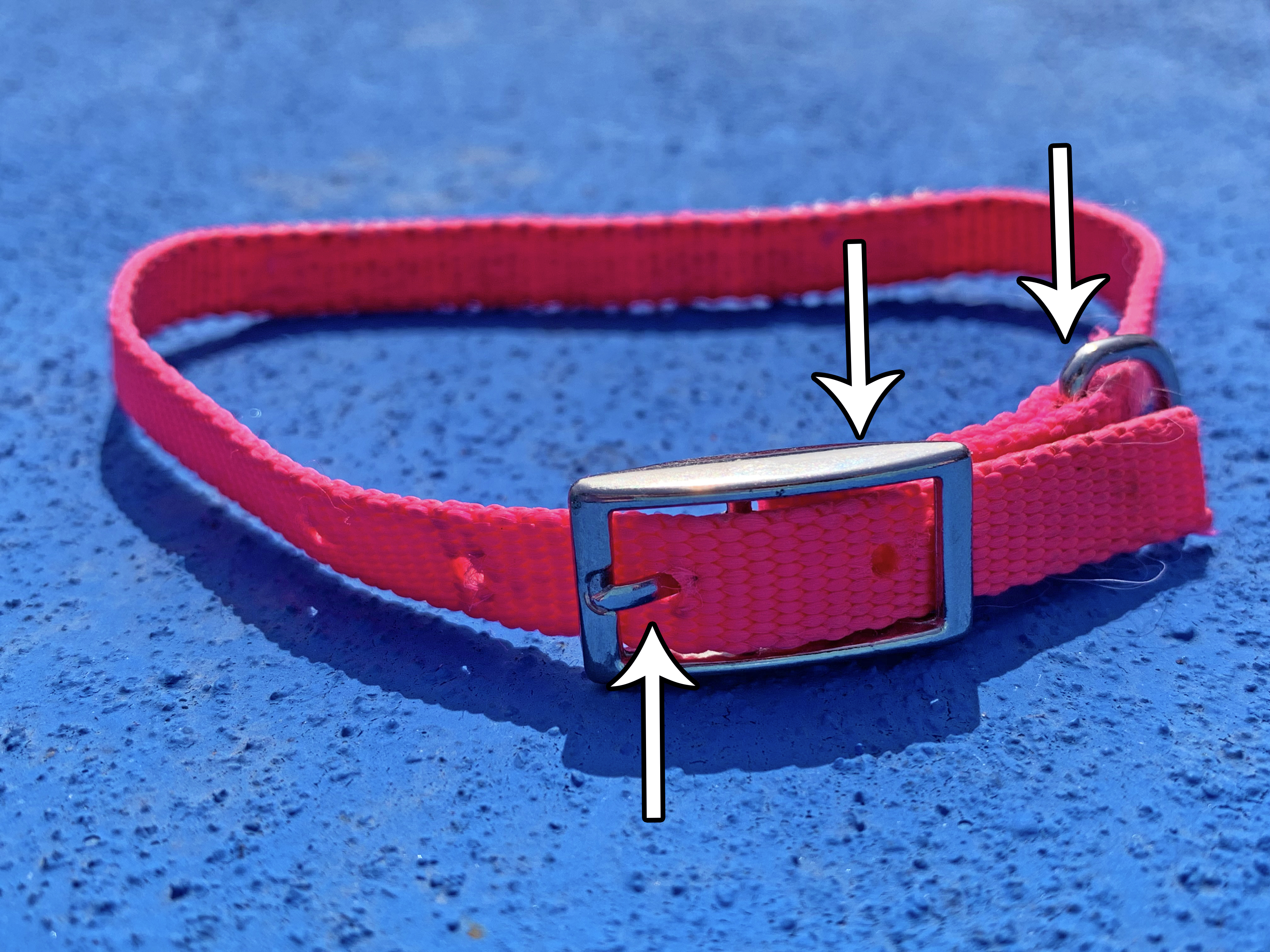
Does your dog's collar fit properly? Just like us, dogs necks can change with time. Also some materials can stretch a bit. In general, you should be able to fit 1 or 2 fingers under your dogs collar for them to be comfortable. Any more then that and you are risking your dog slipping out of their collar and getting loose. If you have a breed where your dog's head is smaller then their neck (greyhound, whippet, shelties, etc) you may want to look at a martingale collar for walks which allows your dogs collar to fit normally but will tighten (not choke) your dog when they pull on it.
You also want to check the collar to make sure all the materials are still holding strong. Look at the stitching around all the connection points to make sure it is not letting loose. Check the material in general for any rips or tears. Try out the hardware. Are the buckles working the way they should or are they getting hung up somewhere? For collars with holes for adjusting length, are they getting too stretched out? A stretched out hole can lead to the buckle failing.
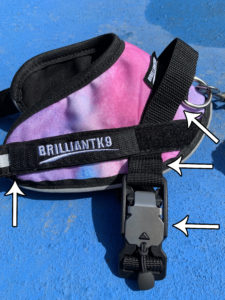
As your dog loses or gains weight you will want to adjust your harness for the proper fit. Just like with collars, a dog may be able to slip out of a harness that is adjusted to loosely. If it is too tight it will be uncomfortable and may restrict movement. Different style harnesses will fit differently so be familiar with the guidelines for your specific harness.
Again you will want to check the material of the harness to ensure there are no rips or tears that could cause issues. Check all the connection points around the chest and girth straps to make sure all the stitching is holding up. Pay special attention to the area where the ring you attach the leash to is connected. Is all the hardware holding up and functioning correctly? If not, it's time to get a new harness.
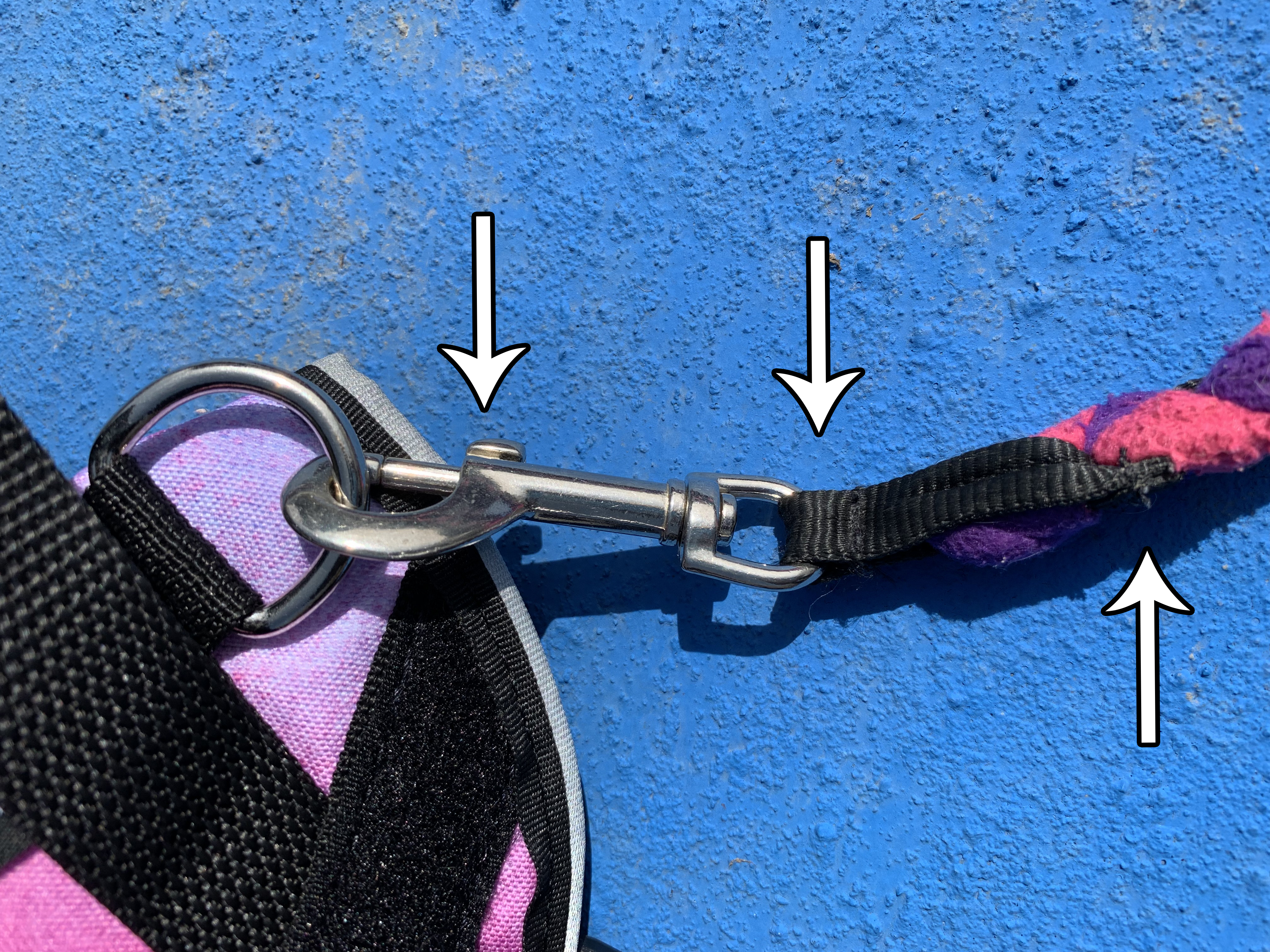
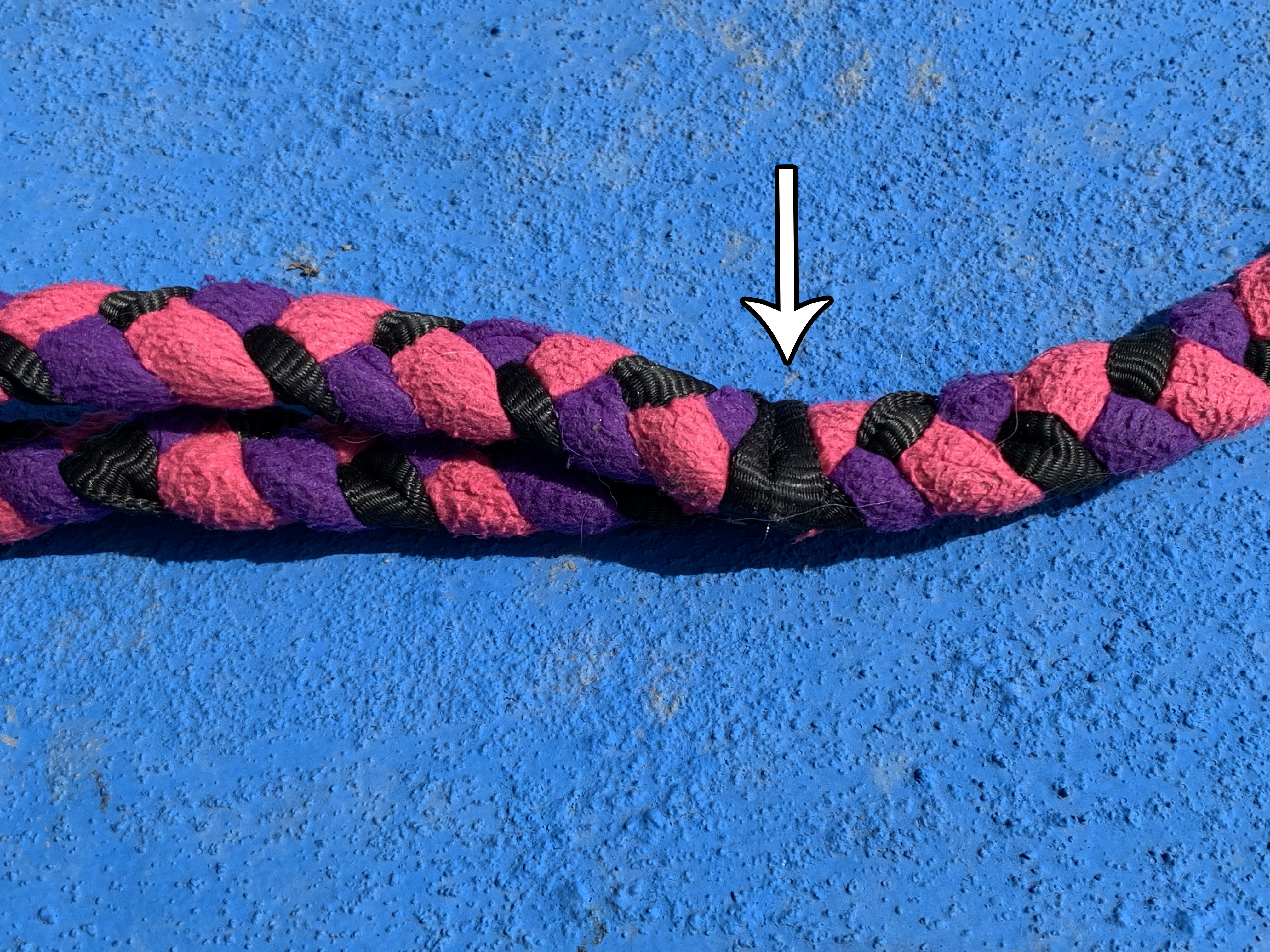
You will want to check the material of your leash carefully. Leashes get tossed around quite a bit so they can easily be damaged without us knowing. Some dogs may occasionally try to chew on one from time to time so look for any rips or tears. Leather leashes are strong but I have seen several snap in class with even small rips present.
Pay extra attention to the snap. Does it open and shut without getting hung up? When shut do the two edges close completely? Even small gaps in the clip leaves room for the ring that attaches to your dog's collar or harness to slip out.
These gear checks take little time to do but could potentially keep your dog from getting lost or worse yet killed. I personally do a monthly check of my dog gear and I would encourage you to do the same.